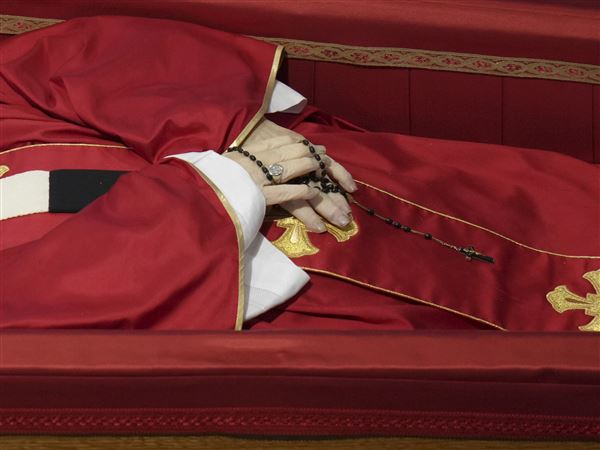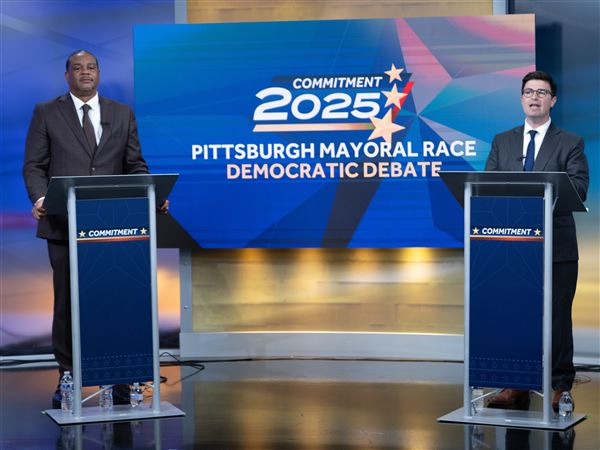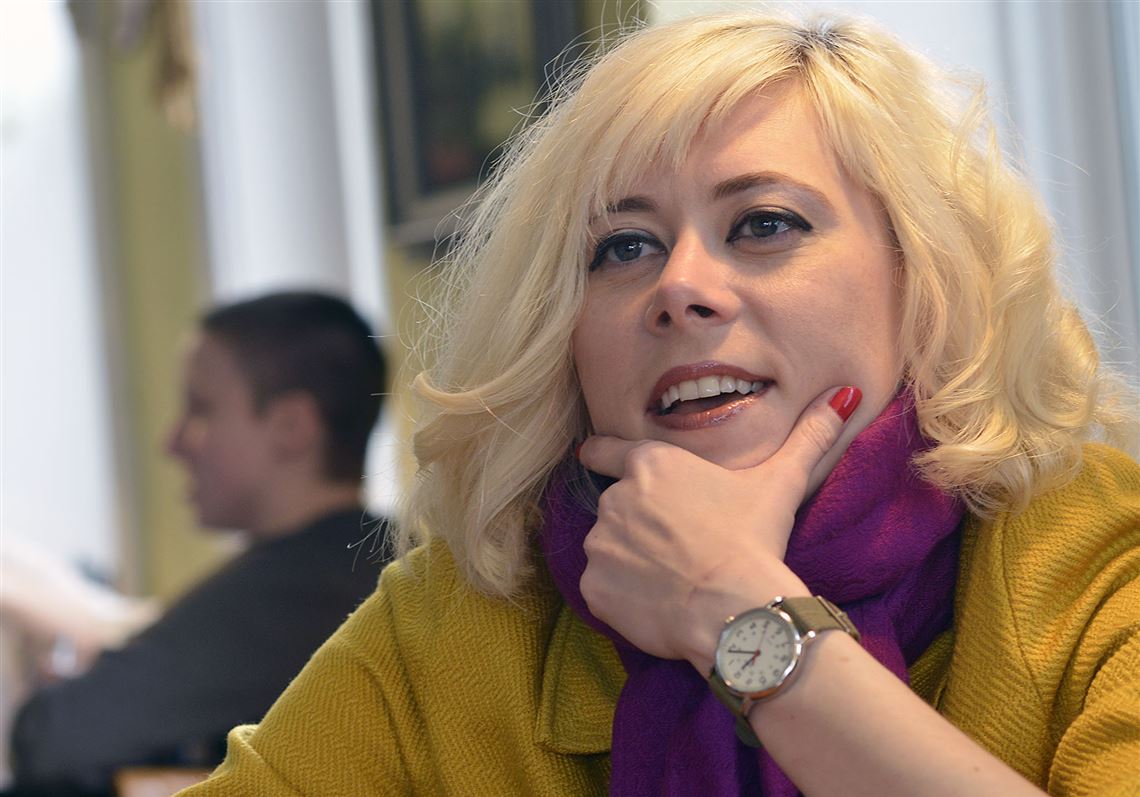Pittsburgh City Councilwoman Natalia Rudiak will introduce legislation Tuesday creating an early childhood task force charged with crafting a plan to expand affordable preschool.
The group will include members of the Pittsburgh Public Schools, the Pittsburgh Federation of Teachers, Allegheny County Department of Human Services, the foundation community and Mayor Bill Peduto, who has called early childhood education one of his two main focus areas this year. The announcement also included the release of a new study on the topic from the City of Pittsburgh.
“The report is a good start to quantify the need, but it is a call to action for a plan on how we reach our goals — and this piece of legislation will create the plan,” said Ms. Rudiak. She is not seeking re-election.
About 1,500 children in Pittsburgh don’t have access to full-day, high-quality preschool programming, according to a 2016 report from the Pittsburgh Federation of Teachers. Only 16 percent of center-based preschool providers here are considered “high-quality,” Ms. Rudiak said.
Pittsburgh Public Schools provides free, full-day preschool to children age 3 to 5, funded through a combination of funding sources, including the state’s Head Start and Pre-K Counts initiatives. The Council of Three Rivers American Indian Center also provides free pre-K and Head Start to low-income children in four city neighborhoods.
The city’s report estimated $15 million would cover enrollment for all city youngsters not currently enrolled in a pre-K program — and $4 million would scoop up the 400 students on Pittsburgh Public’s wait-list.
Gov. Tom Wolf’s proposed budget for 2017-18 would include $75 million in added support for early childhood education. It it is approved, that would mean another 8,400 preschool-age children could begin such a program next fall.
“We’ve got a bit of a road to go, but it’s another great step forward,” said Joan Benso, CEO of Pennsylvania Partnerships for Children in a recent interview.
The group will develop a initial plan based on recommendations in the mayor’s 2014 blue ribbon panel on early childhood education, and a key aspect members will consider is how such an effort would be paid for. The city’s report recommended city leaders “boldly pursue unique and innovative funding streams” despite rules saying the city can’t “create new subjects for taxation.”
Erin Kramer, executive director of activist group One Pennsylvania, said families across the region routinely spend 25 to 30 percent of their base income for child care. Carrying that full cost, or not having child care option altogether, causes “immense” economic stress for families, she said.
“We do not believe there should be an economic test for being a good mother, so an investment in pre-K is [also] an investment in parents.”
Molly Born: mborn@post-gazette.com or 412-263-1944.
First Published: February 24, 2017, 5:11 a.m.


















